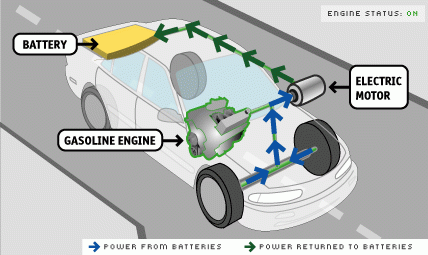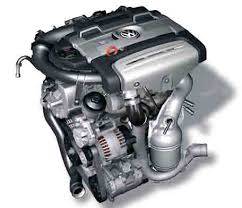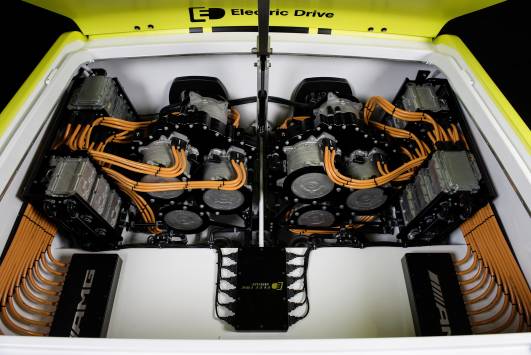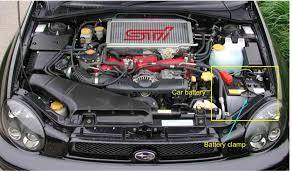People will have different opinions, but for me, I'd say hybrid cars are better. They have 5 noticeable features that vastly improve their performance compared to regular cars.
1.) Idling feature - "off" capability

Like the switch that turns off the refrigerator light bulb when the door is closed, this feature allows a vehicle to turn off its gasoline engine when stopped, saving fuel.
In a well-designed system, the engine will turn back on and be ready to go in less time than it takes for you to move your foot from the brake to the gas pedal.
(However, while hybrids use a full function electric motor operating above 100 Volts to accomplish this, conventional vehicles accomplish this same thing by using a beefed up 12 Volt or 42 Volt starter motor, often called an integrated starter-generator. So, this ability alone does not define a hybrid—even though all hybrids can do this.)
2.) Regenerative Braking

The energy associated with a car in motion is called kinetic energy—the faster a car moves, the more kinetic energy it has. To slow down or stop a car, you have to get rid of that energy.
In a conventional car, you use the friction of your mechanical brakes to stop, turning the kinetic energy into hot brakes and thereby throwing away the energy.
Regenerative braking, or "Regen," takes over some of the stopping duties from the friction brakes and instead uses the electric motor to help stop the car.
To do this, the electric motor operates as a generator, recovering some of the kinetic energy and converting it into electricity that is stored in the battery so it can be used later to help drive the vehicle down the road.
3.) Power Assist and Engine Downsizing

The most basic definition of a hybrid vehicle is one that uses two methods of providing power to the wheels. As a result, the ability of an electric motor to help share the load with a gasoline engine is the technology step that, on top of the first two, truly qualifies a vehicle as a hybrid.
A vehicle meets this classification only if it has a large enough motor and battery pack such that the motor can actually supplement the engine to help accelerate the vehicle while driving. This power assist ability reduces the demands on the gasoline engine, allowing for the use of a smaller, more efficient gasoline engine while maintaining the same performance as a vehicle with a larger engine.
This engine "downsizing" may be achieved by using physically smaller engines with less cylinders or smaller displacements, or may be achieved using more efficient combustion cycles.
4.) Electric-only-drive

This technology step allows the vehicle to drive using only the electric motor and battery pack, thus taking full advantage of electric side of the dual system. With this step, we separate out "full" hybrids such as the Toyota Prius and Ford Escape Hybrid.
This is the reason why Prius owners are sometimes shocked when they start their car and don't even realize it's on—only the quiet battery system is operating the car rather than the traditional rumble of the combustion engine.
The greater flexibility of full hybrids allows the vehicle to spend more time operating its engine only when it is at its most efficient. At low speeds and at launch, the electric motor and battery powers the car and at high speeds the engine takes over.
5.) Extended Battery-Electric Range

The final level of hybridization extends the electric motor's capacity to drive the car by recharging the battery from a clean energy grid (i.e. "plug in").
This would allow the hybrid to operate solely as a battery-electric vehicle for as much as 20-60 miles, thus improving their environmental performance if they are using clean sources of electricity.
A Plug-in can operate as a typical full hybrid if it is not recharged from the power grid, so the benefits of this feature are largely dependent on how often the consumer plugs in.
The biggest challenge with these hybrids is cost—they have the highest up-front costs because they require larger motors and battery packs to ensure good vehicle performance and sufficient all-electric range.